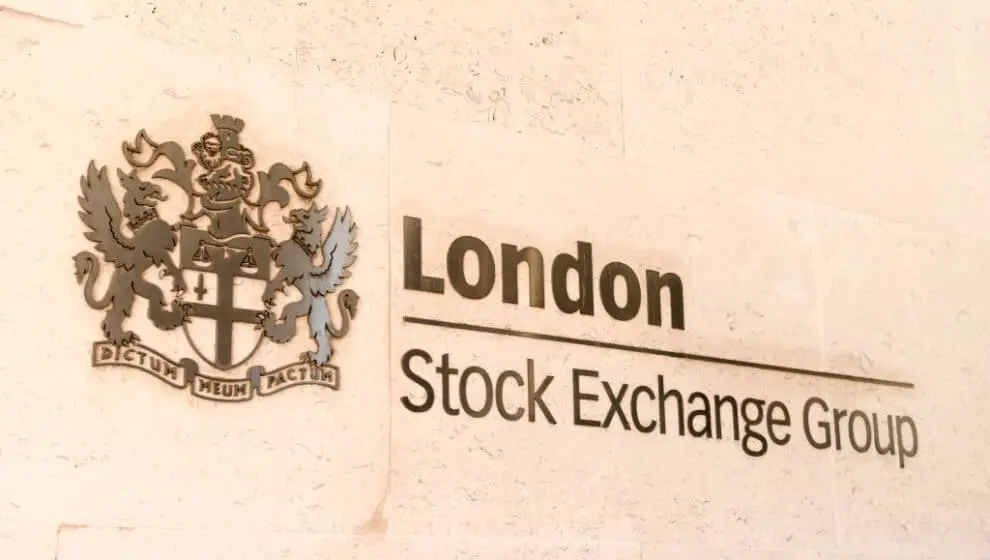Great Britain’s stock exchange has lost its position as the financial capital of Europe to its neighbor in France.
Key Details
- London is no longer the home of the largest stock market in Europe.
- That position has been taken by Paris, which has overtaken London for the first time since 2003.
- Despite hard economic times and recession fears in both countries, surging Chinese demand for French luxury goods companies like LVMH SE and Kering SA have kept Paris strong, Bloomberg reports.
- The U.K. is facing 13% inflation in 2023, a weakened economy, high energy prices, and the aftermath of Prime Minister Liz Truss’s administration.
- The pound declined 13% in value in 2022 compared to the Euro’s 9.2% decline.
Why it’s News
The transition marks a major point of decline for the British economy—still reeling from months of poor leadership and decision-making. The island is facing multiple ongoing crises which are stressing the economy and they’ve taken their toll to the point of London losing its prestige as a financial capital.
“It marks a huge reversal of fortunes for the London Stock Exchange, which was worth about $1.4 trillion more than its Parisian rival back in 2016. France has been catching up for some time but shares in the U.K.’s medium-sized companies have been doing particularly badly this year, as consumers cut back their spending and businesses struggle with higher costs,” reports the BBC.
The Problem
Former Bank of England policymaker Michael Saunders blames the shrinkage on Brexit, saying the country’s economy was permanently damaged by its breakaway from the European Union and diminished potential economic output.
“It’s another symbolic sign of Britain’s shrinking place in the wake of Brexit, and the continental rivals that will step into position. The French stock market is now worth $2.823 trillion, narrowly edging out the U.K. at $2.821 trillion. In 2016, British stocks were collectively worth $1.5 trillion more than France,” says Bloomberg.
Notable Quote
“While the shifts in stock-market value have more to do with the U.K.’s fall rather than France’s rise, the moves point to the resilience of high-end luxury brands. In particular, Louis Vuitton owner LVMH is holding up well against worries of a global recession. The company has reported record sales as wealthy Americans splurge on fashion. The $360-billion company is Europe’s biggest company—largest by market value and the stock is down only 3.8% in 2022,” says Bloomberg.
